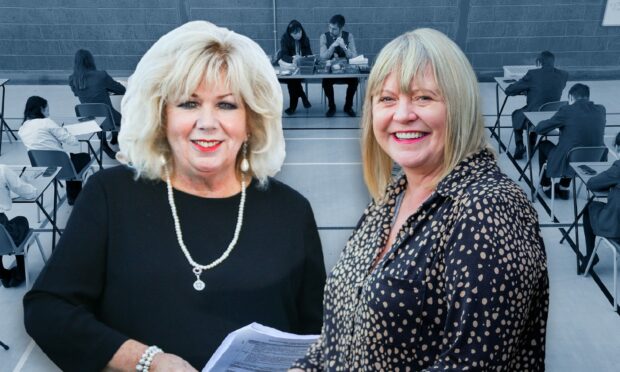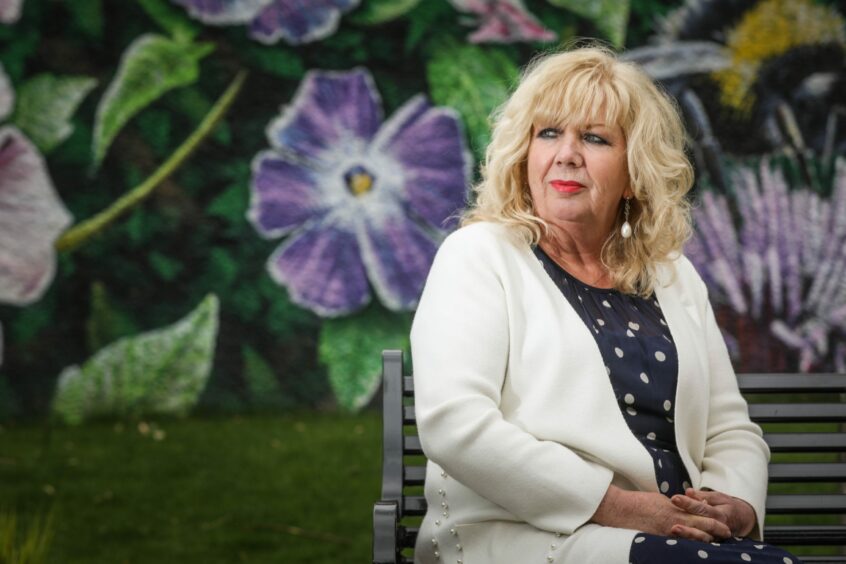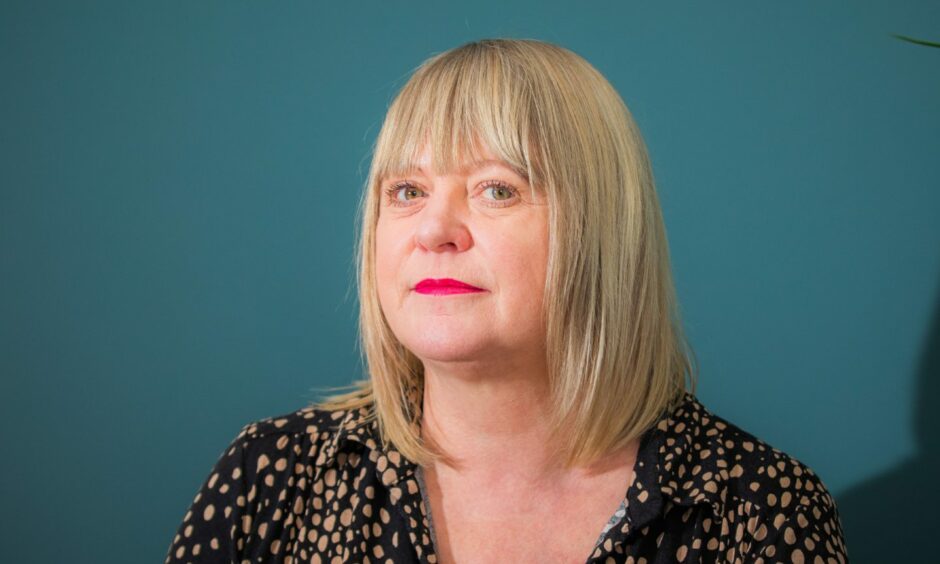Teacher assessment should form part of pupils’ final grades, say council directors at both Dundee and Fife.
Audrey May and Carrie Lindsay both say they hope to see teacher judgement and classwork included in determining pupils’ grades in the near future.
Audrey is executive director of children and families services at Dundee City Council and Carrie holds the same title at Fife Council.
Their comments come amid a national debate around the way young people obtain qualifications, following on from the alternative certification model used last year.
Audrey said: “I hope we can take forward that landing where teacher judgement and assessment is a part of the final qualification, because teachers know the young people really well.
“They’re working with them through the course of their qualification years, from S4 through to S6, in that senior phase and they’ve taught them before.
“They know how to get evidence of assessment in a way that’s robust and reliable and totally and absolutely reflects the young person’s ability and the level that they can achieve.”
However Audrey recognises the importance of exams and external scrutiny and says that in her opinion a balance between those exams and internal assessment would be a “great model” going forward.
Exam reform
In Fife, Carrie says she hopes for “real change”, adding that “high stake” exams can be challenging for pupils, particularly those from disadvantaged backgrounds.
She said: “Sometimes the studying can be more difficult if you’re living in a more chaotic environment – it’s not the same everywhere, but if you live in a more chaotic environment, it can be quite restrictive in terms of finding a space to study.
“Whereas ongoing assessment in schools, are about how you’re actually working in school and how the teachers seeing you working, rather than going away, learning, and then taking that into an exam situation.”
Carrie says international studies appear to suggest Scottish education is “too focused” on an end of year exam and advice more continual assessment.
She added: “In the future it could look quite different and it might take into account much more of the classwork, rather than an end of session exam which has very high stakes for young people.
“I would certainly be hopeful that we have a real change in our system and one which takes into account what we need as a profession to support that, because that’s quite a big change for our teaching staff as well.
“But we need to make sure the assessments are consistent across the country, and that people have a real faith in them – that they have credibility for employers and within communities, because young people need to feel they have gained something and that it is a consistent approach across Scotland.”
Moving forward
The Scottish Government has set up a committee to look into exam reform and a group led by Professor Louise Hayward, of Glasgow University, will advise ministers.
As part of that work, the group has consulted with senior leaders from across the country and within education.
Education Secretary Shirley-Anne Somerville previously announced exams will not altogether, however new models will be developed to ensure learners’ achievements are fairly recognised.
In the meantime, exams will still take place this academic year of 2021-22.


